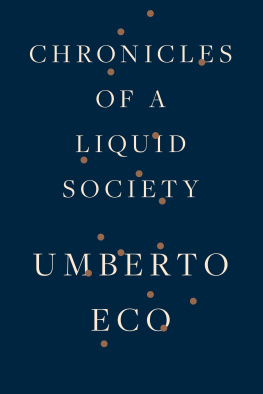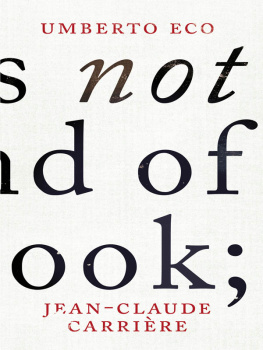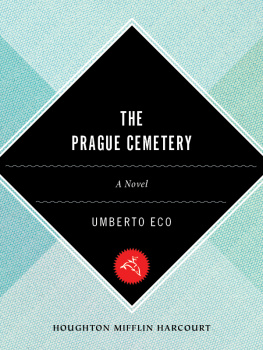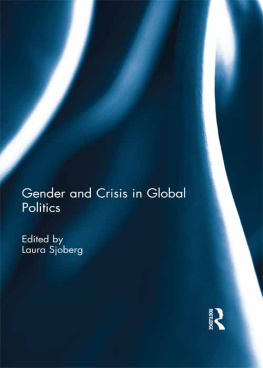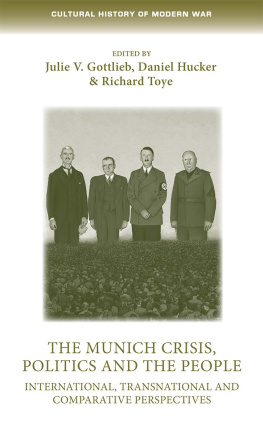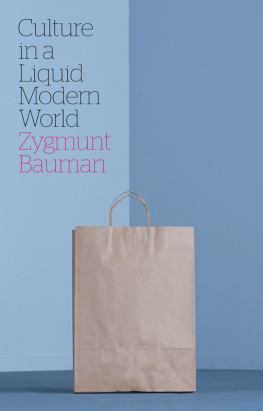Copyright 2016 by La nave di Teseo Editore, Milano
Translation copyright 2017 by Richard Dixon
All rights reserved
For information about permission to reproduce selections from this book, write to or to Permissions, Houghton Mifflin Harcourt Publishing Company, 3 Park Avenue, 19th Floor, New York, New York 10016.
First published in Italian as Pape Satn Aleppe. Cronache di una societ liquida
First published in Italy by La nave di Teseo, 2016
www.hmhco.com
Library of Congress Cataloging-in-Publication Data is available.
ISBN 978-0-544-97448-7
Cover design by Brian Moore
Author photograph Augusto Casasoli/A3/Contrasto/Redux
e ISBN 978-0-544-9745-7
v1.1017
Foreword
I began writing a regular column called La bustina di Minerva for the Italian weekly magazine LEspresso in 1985, first every week, then every other week. Its title referred to a brand of matchbook that had two white spaces inside that were useful for brief jottings, and so I intended my articles to be short notes and digressions on ideas that came to mind. They were generally inspired by topical events, but not always, since I regarded it as topical that one evening I had decided, maybe, to reread a page of Herodotus, a Grimms fairy tale, or a Popeye comic.
A number of earlier articles appeared in How to Travel with a Salmon and Other Essays (1994), and others, written before 2000, were published in Turning Back the Clock: Hot Wars and Media Populism (2007). But between 2000 and 2015 I had written more than four hundred articlesroughly twenty-six a yearand felt that some of these could be salvaged.
I think that most of the Bustina di Minerva pieces collected in this book can be seen as reflections on aspects of this liquid society of ours, about which I wrote in a more recent article, placed here at the beginning of the book.
Though many repetitions have been cut, some remain, since several topics came up with worrying regularity over those fifteen years, causing me to return and dwell on certain themes that were still disturbingly relevant.
UMBERTO ECO
The Liquid Society
The idea of liquid modernity or society comes from Zygmunt Bauman. Those who want to understand the various implications of this concept may find it helpful to read State of Crisis, where Bauman and Carlo Bordoni discuss this and other topics.
The liquid society begins to take shape with the movement known as postmodernism, an umbrella term that brings together a great variety of phenomena, from architecture to philosophy to literature, not always in a coherent fashion. Postmodernism signaled the crisis of grand narratives, each of which had claimed that one model of order could be superimposed on the world; it devoted itself to a playful or ironic reconsideration of the past, and was woven in various ways with nihilistic tendencies. But postmodernism, according to Bordoni, is also on the way out. It was temporary in character, we have passed through it without noticing, and it will be studied one day like pre-Romanticism. It served to point out an event that was happening and represented a sort of ferry from modernity to a present that still has no name.
Among the characteristics of this nascent present Bauman includes the crisis facing the state: what freedom do nation-states retain when faced with the power of supranational entities? We are witnessing the disappearance of something that used to ensure individuals could resolve the various problems of our time in a homogeneous fashion. This crisis has led to a collapse of ideologies, and therefore of political parties, and to a general call for a sharing of values that allowed individuals to feel part of something that understood their needs.
The crisis in the concept of community gives rise to unbridled individualism: people are no longer fellow citizens, but rivals to beware of. This subjectivism has threatened the foundations of modernity, has made it fragile, producing a situation with no points of reference, where everything dissolves into a sort of liquidity. The certainty of the law is lost, the judiciary is regarded as an enemy, and the only solutions for individuals who have no points of reference are to make themselves conspicuous at all costs, to treat conspicuousness as a value, and to follow consumerism. Yet this is not a consumerism aimed at the possession of desirable objects that produce satisfaction, but one that immediately makes such objects obsolete. People move from one act of consumption to another in a sort of purposeless bulimia: the new cell phone is no better than the old one, but the old one has to be discarded in order to indulge in this orgy of desire.
The collapse of ideologies and political parties: it has been suggested that political parties have become like taxis taken by vote-controlling mob leaders or Mafia bosses, who choose them casually, according to what is on offerpoliticians can change party allegiance without creating any scandal. Its not just people: society itself is living in an increasingly precarious condition.
What can replace this liquefaction? We dont yet know, and the interregnum will last for quite a long time. Bauman notes that a typical feature of the interregnum, once the faith in salvation from above, from the state, or from revolution is gone, is indignation. Such indignation knows what it doesnt want, but not what it does. And Id like to mention that one of the problems the police raise in relation to Black Bloc protest movements is that they can no longer be labeled, as used to be the case with anarchists, Fascists, or the Red Brigades. Such movements act, but no one knows when they will act, or in what direction. Not even they know.
Is there any way of coming to terms with liquidity? There is, and it involves an awareness that we live in a liquid society that, to be understood and perhaps overcome, requires new instruments. But the trouble is that politicians and a large part of the intelligentsia havent yet understood the implications of this phenomenon. For the moment, Bauman is still a voice of one crying in the wilderness.
2015
Turning Back the Clock
Freestyle Catholics and sanctimonious secularists
When people refer to the great spiritual transformations that marked the end of the twentieth century, they immediately start talking about the collapse of ideologies, which is undeniable, and has blurred traditional distinctions between right and left. But the question remains whether the fall of the Berlin Wall was the cause of this collapse or just one of its consequences.
Think of science. People wanted science to be a neutral territory, ideal for progress shared by both liberals and socialists: the only difference was how this progress was to be managed and in whose favorstill exemplified by The Communist Manifesto of 1848, which lauded capitalist triumphs only to conclude, more or less, that we too now want these things. A liberal was someone who believed in technological advance, whereas a reactionary preached the return to tradition and the unspoiled nature of once upon a time. The cases of revolution back to the past, like that of the Luddites who sought to destroy machinery, were marginalthey had no real influence on the net division between the two positions.
This division began to go wrong in 1968, a time that mixed together Stalinists in love with steel, flower power, workerism (which expected automation to bring about the destruction of employment), and prophets of liberation through the drugs of Don Juan. It fell apart at a time when third-world populism became a common standard for both the far left and the far right, and now we find ourselves confronted with a movement like that of Seattle, a meeting point for neo-Luddites, radical environmentalists, ex-workerists, lumpen and spearhead workers, in the rejection of cloning, of the Big Mac, of transgenic and nuclear technologies.
Next page
